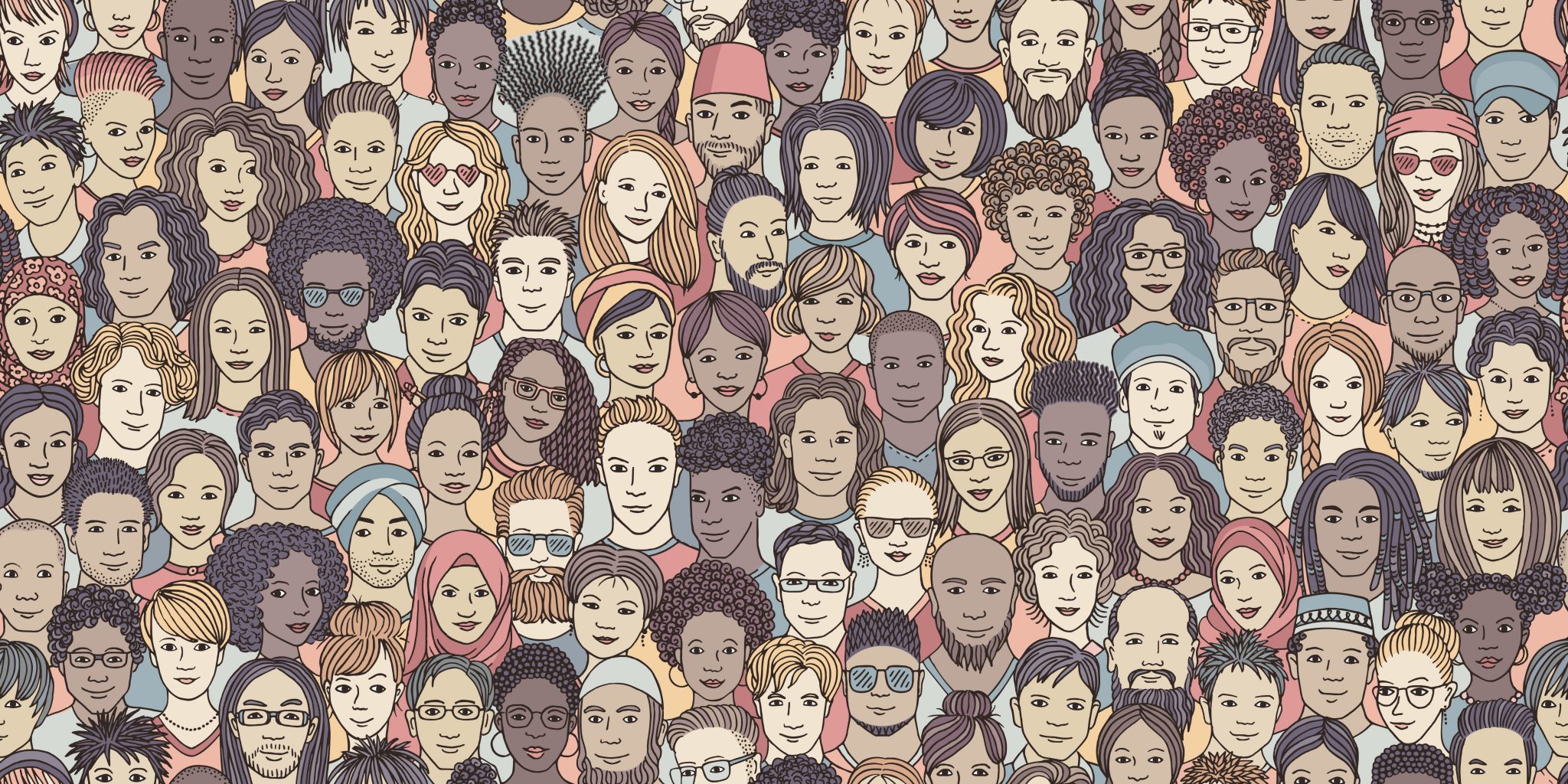Journalist Michele Norris Reflects on Nation’s Reckoning With Systemic Racism
The current Washington Post columnist talks about how America has handled the issue of race in the years since she became the first African American female host of NPR’s All Things Considered back in 2002.

In this moment, talking candidly about racism and longstanding racial inequity is vital, especially as we come to terms with the tension and anger that made way for the events that transpired on January 6th in Washington DC.
“Racism was the side dish, the one you kind of pushed around on your plate. But it’s actually a main dish and it’s usually served hot”– Michele Norris, award-winning Journalist and creator of The Race Card Project
While Donald Trump lost his re-election bid, and is in the midst of being impeached for a second time, it’s important to consider the far-right extremists who heeded Trump’s calls. Their loyalty to the hateful ideology synonymous with the Trump administration, the Confederate flags they paraded around the Capitol and the fact that even though they no longer have an ally in the White House, they still live in America. They’re interwoven into the fabric of this nation and a factor we must consider as we advance our collective conversations around real racial healing in America, a country whose very existence is based on genocide and white supremacy.
Listen: A candid discussion with Washington Post columnist and former NPR host Michele Norris about where the nation stands in its reckoning with foundational and systemic racism.
Guest:
Michele Norris is an award-winning journalist, opinion columnist for the Washington Post, former host of NPR’s All Things Considered and creator of The Race Card Project. She talks about how America has handled the issue of race in the years since she became the first African American female host of NPR’s All Things Considered back in 2002. “Racism was the side dish, the one you kind of pushed around on your plate. But it’s actually a main dish and it’s usually served hot,” says Norris, reflecting on the growing ways in which racial inequality has embedded itself into our society. “When I first joined public radio we would have conversations around race, but it was usually when events dictated that,” she says about the slow moving embrace toward talking about race and identity.
“When you have an event like January 6 insurrection, it makes it easier to talk about these issues of race, but also makes it harder to talk about these issues,” she says as she explains how an event like the DC insurrection can cause some to become more open to discussing the issue of race while others remain hesitant.
Norris says that the election of President Obama acted as a way of opening up the dialog within mainstream society about race. “Even though things have changed slowly there has been a more significant awakening in last 12 months,” says Norris about a collective reckoning with white supremacy. “We’re really moving like molasses very slowly through this process,” she says.
Watch “Eavesdropping on America’s Conversation on Race” hosted by Wayne State University:
Web story by Allise Hurd.
Trusted, accurate, up-to-date
WDET is here to keep you informed on essential information, news and resources related to COVID-19.
This is a stressful, insecure time for many. So it’s more important than ever for you, our listeners and readers, who are able to donate to keep supporting WDET’s mission. Please make a gift today.
